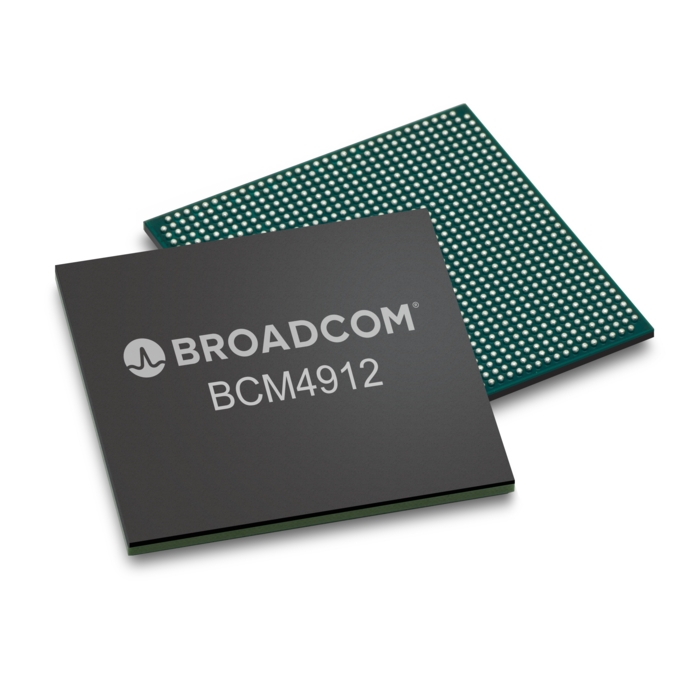A quick iperf3 test run through an OpenVPN connection between my desktop and an XT12:
Mostly in line with the 200 MHz clock increase of the BCM4912. I was curious whether the newer kernel or other CPU improvements might have brought another impact.
Code:
[ ID] Interval Transfer Bandwidth
[ 4] 0.00-10.00 sec 288 MBytes 241 Mbits/sec sender
[ 4] 0.00-10.00 sec 288 MBytes 241 Mbits/sec receiverMostly in line with the 200 MHz clock increase of the BCM4912. I was curious whether the newer kernel or other CPU improvements might have brought another impact.

